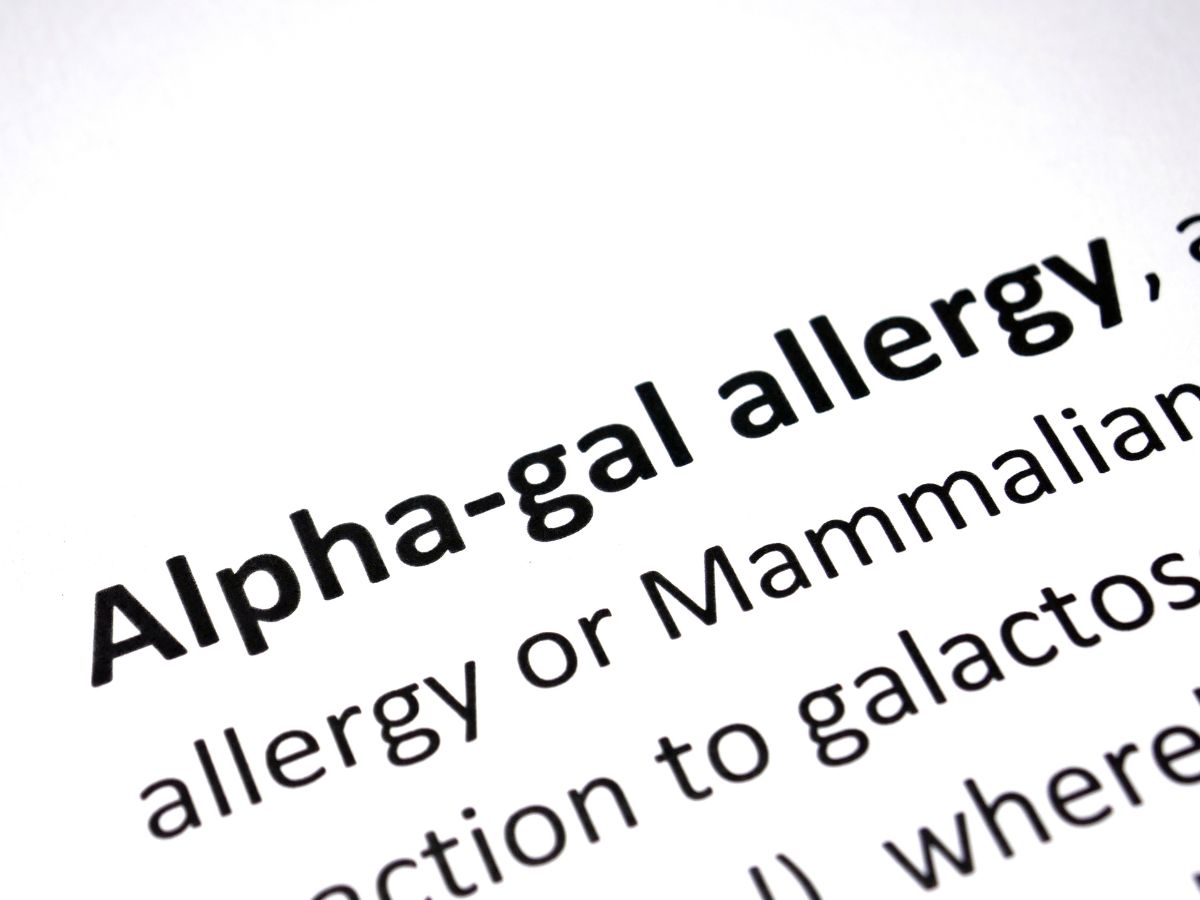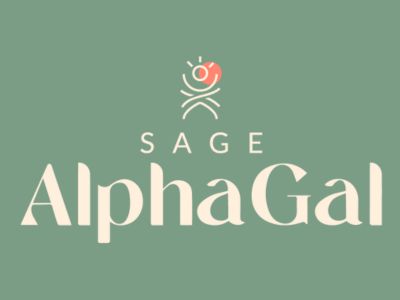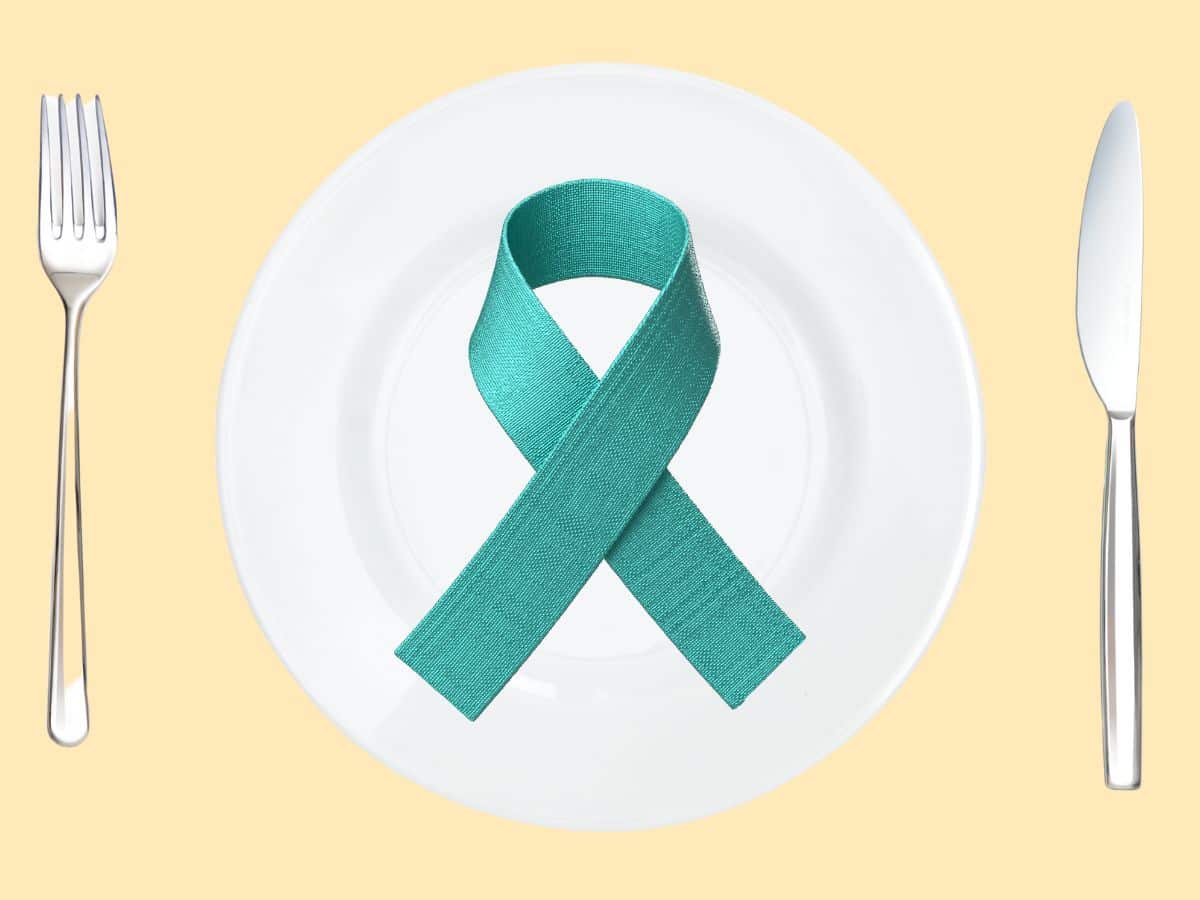
Food allergy awareness is crucial for the millions of people with food allergies, especially those of us dealing with lesser-known conditions like alpha-gal syndrome. Here are several easy ways that you can help build understanding and support for alpha-gal during Food Allergy Awareness Week and become a part of the food allergy community and its advocacy efforts.
The information provided on this site is based on my personal experience living with alpha-gal syndrome. I consistently cite and link to expert sources, but nothing published on this site should be perceived as medical advice.
Alpha-gal sensitivities vary by person. You should understand your dietary restrictions, making any adjustments needed, and directing any questions to your physician.
It’s May! While the fifth month of the year is best known for Mother’s Day, graduations, and the unofficial beginning of the summer wedding season, it’s also food allergy action month. And while the strains of Pomp & Circumstance and vows of “I do!” may not be in your near future, the alpha-gal food allergy that unites us may pique your interest in Food Allergy Awareness Week beginning May 14th.
While more than 33 million Americans have food allergies, the nine major food allergens responsible for most do not include the ones that typically trigger alpha-gal reactions. Here are a few ways you can help build awareness of alpha-gal syndrome and support those learning to live with this often misdiagnosed and widely misunderstood food allergy.
To help offset the costs of running SageAlphaGal.com, you’ll find affiliate links lightly sprinkled throughout the site. If you choose to make a purchase via one of these links, there’s no additional cost to you, but I’ll earn a teeny tiny commission. You can read all of the legal blah blah blah (as my little niece says) on the full disclosure page.
In This Article

1. Share Your Story
Personal experiences resonate with others and help raise awareness of AGS. Whether you’ve experienced an allergic reaction or are helping a loved one manage a food allergy, I encourage you to share your alpha-gal story. It can be as easy as crafting a social media post using the hashtags #FoodAllergyAwareness, #AlphaGalSyndrome, and #AllergyAlly. Or you can fill out this form at FARE or contact your local media. Your story can help increase awareness of food allergies among the online community and beyond.
Want Alpha-Gal Safe Recipes and More?
Sign up for the weekly newsletter!
Thank You for Subscribing!
2. Participate in Local Events
Look for local Food Allergy Awareness Month events in your area and join in the activities. By participating, you learn more about common food allergens and help create a sense of community and belonging within the food allergy community.

3. Be a Friendly Advocate
If you’ve been living with alpha-gal for a while, share your experience with someone newly diagnosed. There are many alpha-gal support groups on Facebook, and each group has plenty of newly diagnosed alpha gals seeking guidance. A little empathy and friendly advice go a long way. And when you have a condition like AGS that is not well known, your firsthand experience as a food allergy advocate can play an essential role in supporting and educating others.

4. Say Thank You
Is there a nurse, dietician, primary care physician, allergist, or other healthcare professional that has helped you diagnose and manage your alpha-gal allergy? Are there teachers, friends, co-workers, or other people who consistently go above and beyond to keep you or your loved one with AGS safe? Take a minute to say thanks via a heartfelt note of gratitude or another thoughtful gesture.

5. Work Toward Change
Do you feel frustrated because food labels don’t highlight mammalian products as they do for peanuts, eggs, soybeans, and other major food allergens? Are you discouraged that many healthcare professionals still haven’t heard of AGS or cannot provide sound advice on managing it? Contact your legislators and advocate for change. (And if you need some inspiration, this subcommittee report from 2019 is full of great ideas!)

6. Educate Others About Alpha-Gal Syndrome
Many people are simply unaware of our unique food allergy. As an example, visit FARE — the research and education organization that established Food Allergy Awareness Week — and search for information about alpha-gal syndrome. You’ll find six results, most of them from 2018 or 2019, and none very detailed or helpful.
So use Food Allergy Awareness Week to spread the word about alpha-gal syndrome. Write a blog post, create an infographic, or make a video explaining the basics of alpha-gal syndrome, its causes, symptoms, and management strategies. Share these resources with friends, family, and colleagues on social media to increase awareness and contribute to education efforts.
Frequently Asked Questions About Food Allergy Awareness
Here are answers to some of the most commonly asked questions about Food Allergy Awareness Month and Food Allergy Awareness Week.
When is Food Allergy Awareness Month?
Food Allergy Awareness Month is observed annually in May.
When is Food Allergy Awareness Week?
Food Allergy Awareness Week typically occurs during the second week of May. The dates may vary yearly, but in 2023, it will be celebrated from May 14 to 20.
What is Food Allergy Awareness Week?
Food Allergy Awareness Week is an annual event designed to raise awareness about food allergies and promote understanding and support for those living with food allergies. The week includes educational initiatives, advocacy efforts, and community-building activities.
Who founded Food Allergy Awareness Week?
Food Allergy Awareness Week was founded in 1998 by the Food Allergy & Anaphylaxis Network (FAAN), now known as the Food Allergy Research & Education (FARE) organization.
What is a food allergy awareness law?
A food allergy awareness law is a piece of legislation that aims to increase public understanding of food allergies, promote safe food handling practices in food establishments, and protect individuals with food allergies. These laws may require training for food service workers, clear food labeling, and the availability of epinephrine in schools and public places. Unfortunately, for people living with alpha-gal syndrome, much of the current legislation doesn’t fully support our food allergy.
What states have food allergy awareness laws?
Although Massachusetts was the first state to pass a food allergy awareness law to help restaurants understand allergens and safely serve people with food allergies, several states now have some type of food allergy awareness law, including California, Illinois, and Virginia.
What Other Ways Do You Build Understanding and Support for Alpha-Gal Syndrome?
Whether it’s during Food Allergy Awareness Week or another time of the year, what are some ways you help build understanding and support for alpha-gal syndrome? Any additional tips and tricks to pass along? Share your experiences in the comments section below.
Thank you for sharing!

